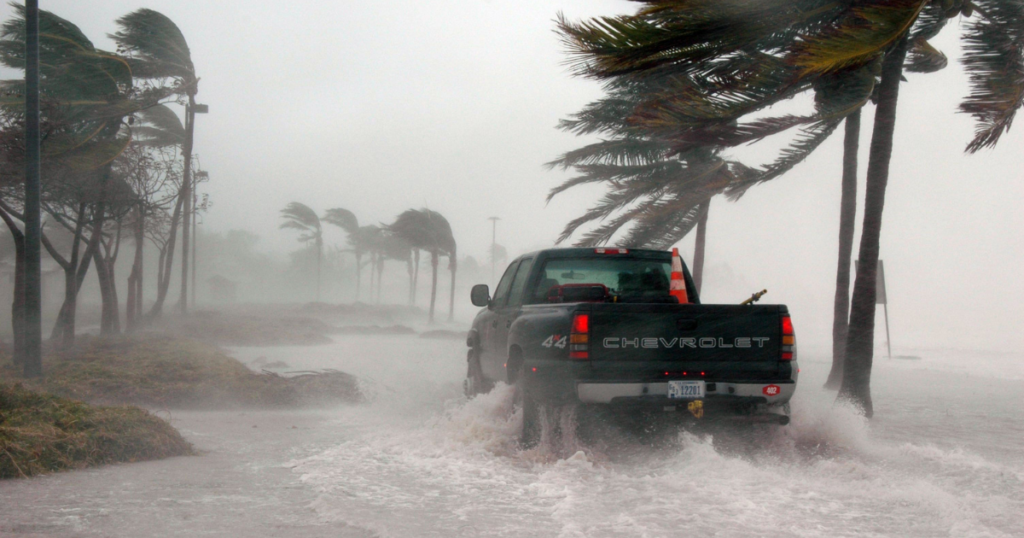
What to Keep In Your Car in Case of Hurricane
By GO HumanityHere’s a list of items you should consider including in an emergency kit for your car to be prepared for a hurricane:
- Water Pack several gallons of water for drinking and hygiene purposes. Aim for at least three days’ worth of water per person.
- Non-perishable food: Choose easy-to-store and ready-to-eat items such as canned goods, energy bars, and dried fruits. Don’t forget a manual can opener.
- Medications: Include a supply of any prescription medications you or your family members may need, along with a basic first aid kit.
- Flashlights and extra batteries: Make sure you have multiple flashlights in case of power outages. Opt for LED flashlights as they are more energy-efficient.
- Battery-powered or hand-crank radio: A portable radio can keep you informed about the hurricane’s progress and emergency broadcasts.
- Cell phone and charger: Keep a fully charged cell phone and a car charger for communication during and after the hurricane.
- Personal hygiene items: Pack toilet paper, wet wipes, hand sanitizer, and any other personal hygiene items you may need.
- Extra clothing and blankets: Include a change of clothes, rain gear, and warm blankets in case you need to spend extended periods in your car.
- Tools and supplies: Carry a basic toolkit, duct tape, rope, a multipurpose knife, and a whistle for emergency signaling.
- Cash and important documents: Keep some cash on hand, as ATMs may be inaccessible during power outages. Also, secure important documents such as identification, insurance papers, and contact information.
- Maps and a compass: Have a roadmap of your area and a compass to navigate in case of road closures or detours.
- Spare tire and car maintenance tools: Ensure you have a fully inflated spare tire, a jack, and the necessary tools to change a tire if needed.
- Portable phone charger or power bank: This will come in handy if you need to charge your phone but don’t have access to electricity.
- Pet supplies: If you have pets, pack food, water, medications, and other necessary items for their care.
- Emergency contact list: Write down important phone numbers and contacts in case your phone loses power or signal.
Remember to periodically check and refresh your emergency kit, especially perishable items, medications, and batteries. Stay informed about local emergency plans and evacuation routes, and follow the guidance of local authorities during a hurricane or any other emergency situation.
